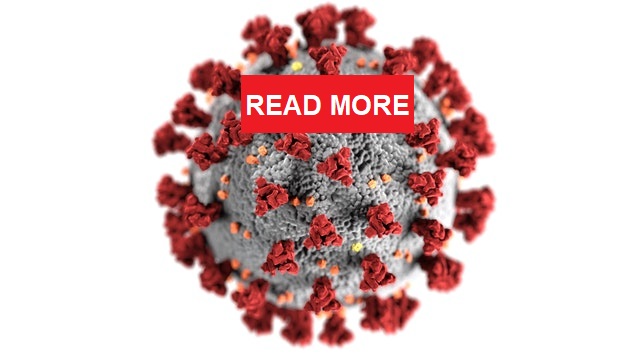Recent And Rapid Collapse Of CNN’s Streaming Service, CNN+
It seems that any hope that legacy media had of recovering audiences was crushed by the recent and rapid collapse of CNN’s streaming service, CNN+.
For the past decade, viewers and listeners have gradually been abandoning legacy broadcast media, which refers to news media institutions established before the digital era, such as ABC, CBS, CNN, Fox News Channel, MSNBC, NPR and NBC.
Audiences have instead gravitated toward nascent media makers that got their start on platforms like YouTube, Substack, Spotify and TikTok. The popular programming on these platforms – which includes “Bad Faith,” “Breaking Points,” “The Katie Halper Show,” “The Joe Rogan Experience,” “The Jimmy Dore Show,” “Empire Files,” “Useful Idiots” and “The Realignment Podcast” – are collectively, and sometimes individuall...



